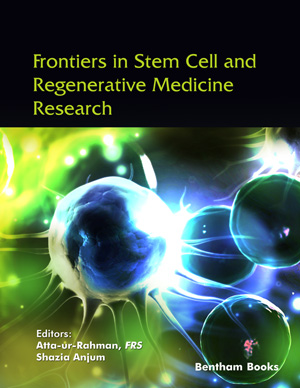Abstract
Administration of mesenchymal stem cells (MSCs) that have a reliable potential for chondrogenic differentiation is a promising approach currently employed to treat articular cartilage lesions (focal defects and osteoarthritis) in patients as a mean to enhance the poor intrinsic capabilities of this specialized tissue for self-repair. However, there is still a critical need for improved designs, as reproduction of a native structural and functional unit in sites of cartilage damage is not occurring upon implantation of such cells. With the availability of optimized gene transfer systems, gene therapy offers powerful tools to stimulate the chondrogenic process in MSCs via the effective, safe, and durable delivery of candidate sequences with chondroprotective and/or chondroregenerative properties, both in vitro and in experimental models of cartilage lesions in vivo. In the present article, we provide an overview of the current advances in gene- and stem cell-based treatments employed to promote cartilage repair in focal defects and for osteoarthritis, and discuss the challenges that remain to be addressed for a safe translation of such procedures into the clinics.
Keywords: Cartilage repair, gene therapy, stem cells.













